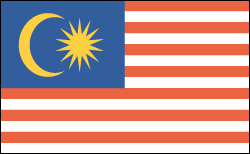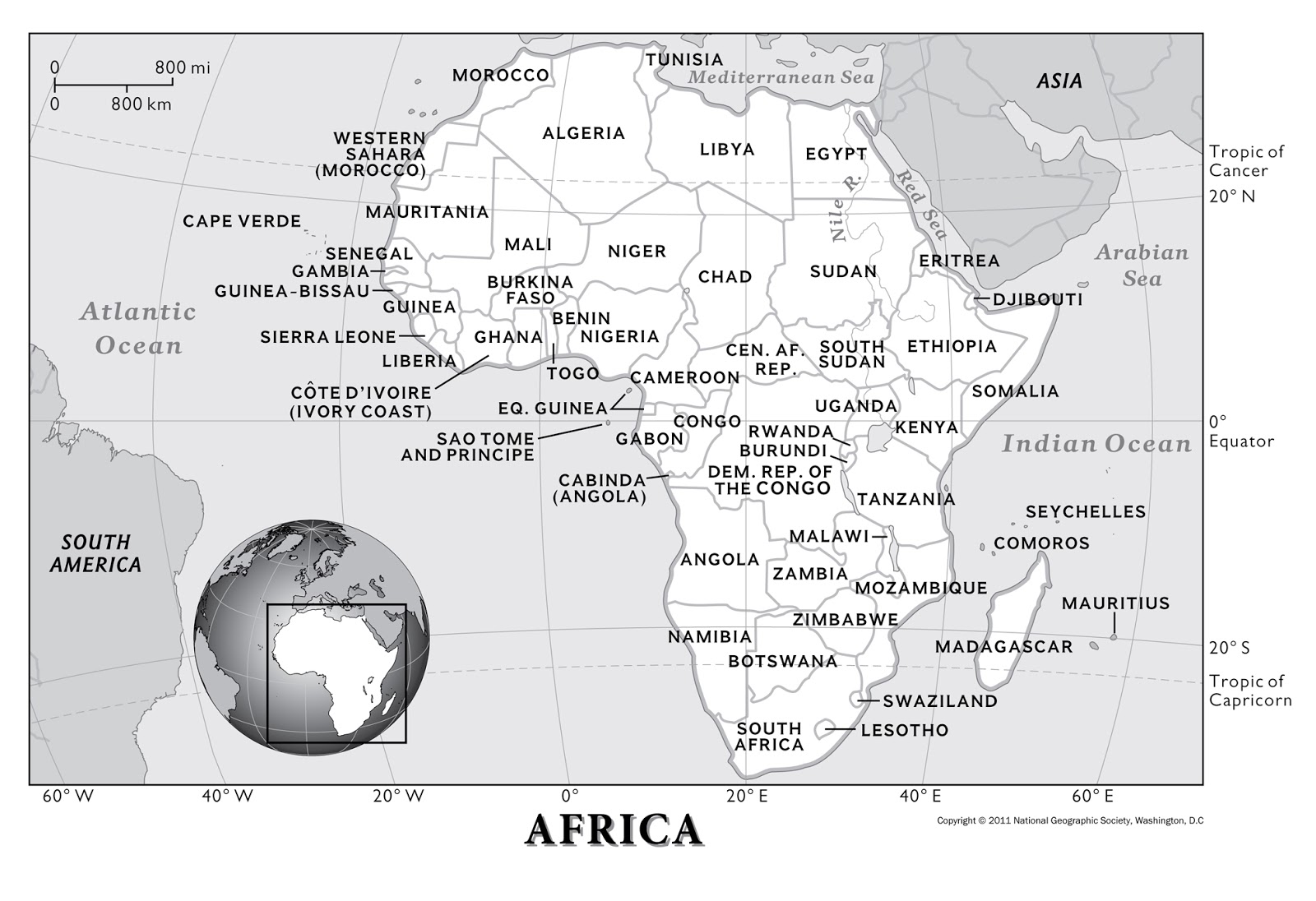Addressing Poverty and Embracing Rule of Law Are Key for ASEAN to Counter Terrorism
 |
| (Photo courtesy of ABS-CBN) |
While addressing the World
Economic Forum in Cambodia in May, Philippine President Rodrigo Duterte as
the ASEAN chair said that ASEAN countries needed to work together to ensure a
drug-free and a terror-free region. It seems that the Philippines keeps human
security as the key priority for this regional grouping as it turns 50 this
year.
The recent clashes between
Philippine government forces and Islamic State-inspired militant group “Maute”
in Marawi City, followed by Jakarta’s suicide bombing that killed five people,
drew more attention that indicates the region is in urgent need for a more
effective joint mechanisms to cope with new security challenges especially the
rise of terrorism and extremism, that currently posed a major threat to ASEAN
community and its unity. Among the militants that were killed in Marawi city were
Malaysian and Indonesian citizens, an indication that extremists operations was
actually engaged and coordinated between domestic and foreign fighters. This
week, Indonesian defence minister Ryamizard Ryacudu told the annual security forum Shangril-La Dialogue in Singapore that
1200 Islamic State militants including 40 Indonesians operating in the
Philippines. This manifests that the issue of regional security becomes worse
and more complex to address.
Duterte declared martial law
on the entire Mindanao in response to the clashes and warned to extend the imposition
of the law into other parts of the country if needed. Philippine government
considered maximizing use of military force as an option to end this extremist
violence and suppress lawlessness in Marawi City.
There should be some specific
actions to be taken by ASEAN countries to prevent and address security challenges
in the future as non-traditional security threats continue to rise. That should
include enhancing intelligent sharing among ASEAN, accelerating poverty
eradication and strengthening international cooperation.
Internally, ASEAN members
will need to seriously further enhance collaborations and cooperation in
intelligence sharing. Intelligence sharing is not new to ASEAN countries as it
has established frameworks for the cooperation for years, but it still has a
limit—due to the capacities and resources of national anti-terrorism mechanisms
varying from country to country in the region.
ASEAN needs also to
accelerate strengthening border security to manage to mitigate cross-border
terrorist activities. Of course, a more robust and comprehensive cooperation
among the countries to control the borders is really important to address
terrorism in the region. It is very crucial for authorities to know if citizens
of any country members are fleeing to join jihadist war in the Mideast or
conducting any terrorism related activities within and outside the region. Some countries like Indonesia, Malaysia and
Singapore have had several experiences in handling problem of ‘exporting’
terrorism, on trying to prevent people from traveling to join terrorists’
activities. Therefore, they will need to take lead and share experiences with
other ASEAN members for the sake of regional security and stability.
ASEAN has to understand that terrorism is a product of poverty
ASEAN should focus on
addressing poverty related issues in the region to combat terrorism. ASEAN countries
have to empower their people, provide them with basic education, increase their
access to social welfare services, and help them get out of poverty. Despite becoming
the sixth largest economy and one of the fastest growing in the region, ASEAN
has been—and still struggling to address the increasing poverty Incidence, and
there are bumpy roads ahead in achieving this goal.
There has been a longstanding
debate that one of the factors contributing to the rise of extremism and
terrorism is poverty. Of course, in many countries around the world, poverty is
seen as the main driving force of new armed groups or in recruitment, and ASEAN
countries themselves have been experiencing it.
For instance, in the Southern
Philippines’ Mindanao, poverty and the lack of economic opportunity are exactly
the root cause of the insurgency compounded by the historical injustices
against the Muslim minorities and the armed struggle for the right to
self-determination. According to the Philippine Statistics Authority’s 2015 report, The
Autonomous Region in Muslim Mindanao (ARMM) was ranked 11th out of 20 poorest regions
in the country. Local communities have been affected by the lack of
infrastructures for mobility and economic development, poor public services,
limited access to basic education and unemployment.
When community are marginalized, they become the most vulnerable group to
terrorism for recruitment.
As mentioned earlier, these pressing challenges do not
only exist in the Philippines but also in other places across the region as
well. People from many parts of ASEAN
still struggle with the extreme poverty and it requires drastic interventions
to help them out of the poverty trap. ASEAN must play a role in identifying
policy priority and formulating inclusive policies that will assist each member
state to ensure the fair distribution of economic opportunities to those
marginalized communities and help restoring public services.
But poverty is just one of
the many areas to address. The impact of climate change now becomes another
major concern, indirectly facilitating the armed and terrorism recruitment
activity in many parts of the world, particularly in the Middle East and
African continent, according to a recent report commissioned by the German foreign
office. The impacts of climate change will cause environmental
degradation and natural disasters including prolonged draught and flooding
which can lead to widespread food shortage, economic and social instability or
even civil war. And this tremendously threatens people’s livelihood across the
region, forcing them to fight in order to
gain control of the resources.
ASEAN itself is also becoming
vulnerable to the impacts of climate change, a challenge that is so huge to be
addressed by an individual country member alone. As a regional grouping, ASEAN
members, of course, have to work hand in hand to look for a more responsive and
effective measure to cope with this new security challenges that has a direct
relationship to climate change. If ASEAN fails to tackle this issue, it will
not able to put an end to rebellions and insurgency, let alone preserving peace
and stability in the entire region.
ASEAN needs to address governance
and rights issues
If ASEAN is serious about
fighting terrorism, it can no longer ignore governance and human right issues.
As ASEAN turns 50, its leaders have shown commitment to go beyond economic
cooperation when it comes to regional security and stability, particularly the
rise of extremist groups. Surely, ASEAN has already been continuing building ASEAN
Political Security Community (APSC) that is significant to help strengthen
democracy, bolster good governance and reinforce the rule of law, bringing
security and political cooperation between member states to another level and
being able to be more responsive to more complicated security challenges. But human
rights and poor governance still remain ASEAN’s major concern, particularly at
the domestic level.
Rights abuses are existing
across the region from ASEAN new comers to the founders of ASEAN as the ‘principle
of non-interference’ has been a roadblock to addressing the human rights
issues. Many countries in the region still implement repressive laws to curb
freedom of expression and other fundamental freedoms, shrinking the space for
civil society groups and non-governmental organizations to freely address
issues and champion their advocacy as one of the agents of democratic system.
We can see the continued restrictions and violations on civil rights and
liberties: socialist regimes in Vietnam and Lao, human rights abuses in Cambodia, repressive military regime in Thailand, the controversial bloody
drug war in the Philippines, the restrictions of free speech in Malaysia and
Singapore, religious discrimination in Indonesia, the practice of hash Sharia law
in Brunei, and the ethnic cleansing in Myanmar.
Myanmar’s
ethnic cleansing has been the major concern in the region. The brutal and
inhuman treatment of Muslim minority Rohingyas can contribute to terrorist
recruitment. The ethnic minority has been denied citizenship and other basic
rights. The authority keeps turning blind eyes to the ominous abuses, and
atrocities have been committed by state-led violence in which no perpetrator
was brought to justice. Until now, despite international outcry, ASEAN
countries have not done enough as a response to put an end to the humanitarian
crisis in the country.
Of
course, any of these people are vulnerable to armed recruitment. There is
always the compulsion for someone who was deprived of access to basic services
and human rights to join an armed groups or in terrorist activities because for
their own economic, social and political demands. If more people are disenfranchised and pushed
over the edge, there is no reason that they will give in to rebellious
activities against the governments.
With the ongoing process of
community building, ASEAN must remain cohesive, committed, and responsive to
new challenges meanwhile embrace openness, strengthen democratic institutions, promote
human rights, and strive to uphold rule of law because terrorist networks are
only able to exploit any country with the absence of rule of law, weak governance
and repressive regime. By raising good governance, ASEAN has to develop
democratic institutions, improve government agencies’ capacity and ensure
non-disruptive delivery of public services to people at the grass-root level.
ASEAN needs to strengthen
regional cooperation in combating terrorism
ASEAN will also have to
strengthen and deepen cooperation with global key players in tackling terrorism
and any other transnational issues. Some global key players ASEAN shouldn’t
ignore are Russia, China, and the US.
ASEAN undeniably needs to
step up its counter-terrorism cooperation with Russia, which has been known as
effectively combating terrorism for decades. Recently, many countries in ASEAN
look at the possibility on establishing military cooperation with Russia and
been aiming to buy weapons from Russia to boost their defense capability to
cope with new security threats.
Philippines’ President
Duterte sought to build close military cooperation with Russia and secure arms
deals during his recent trip to Russia as he wants more war planes, munitions
and other modern weapons that can boost defense capacity in a fight against
insurgency in the southern Philippines. However, Russia can do more than just
selling weapons to the Philippines and other ASEAN nations to combat terrorism;
it can be a very important partner of ASEAN in intelligence sharing and other
counter-terrorism efforts in many aspects.
Another key player is the US.
The US has been known since it has championed the so called “War on Terror”.
The major power has been committed to fighting terrorism, and of course it still
remains vital for ASEAN to continue working with this power regardless of who
controls the White House.
Another important partner of
ASEAN is China. China is now becoming more assertive in counter-international
terrorism. In addition to military strategy, China focuses more on promoting connectivity
through infrastructure development projects. States participating in China’s
initiative Belt and Road will ultimately realize that the project is going
beyond economic ambition. If goes as planned, the project will be helping
reduce terrorism threats as more bilateral and multilateral counter-terrorism
efforts will be made under the framework of Belt and Road initiative. It will
eventually create more commercial links between countries in the region and
benefits every country involved.



Comments
Post a Comment